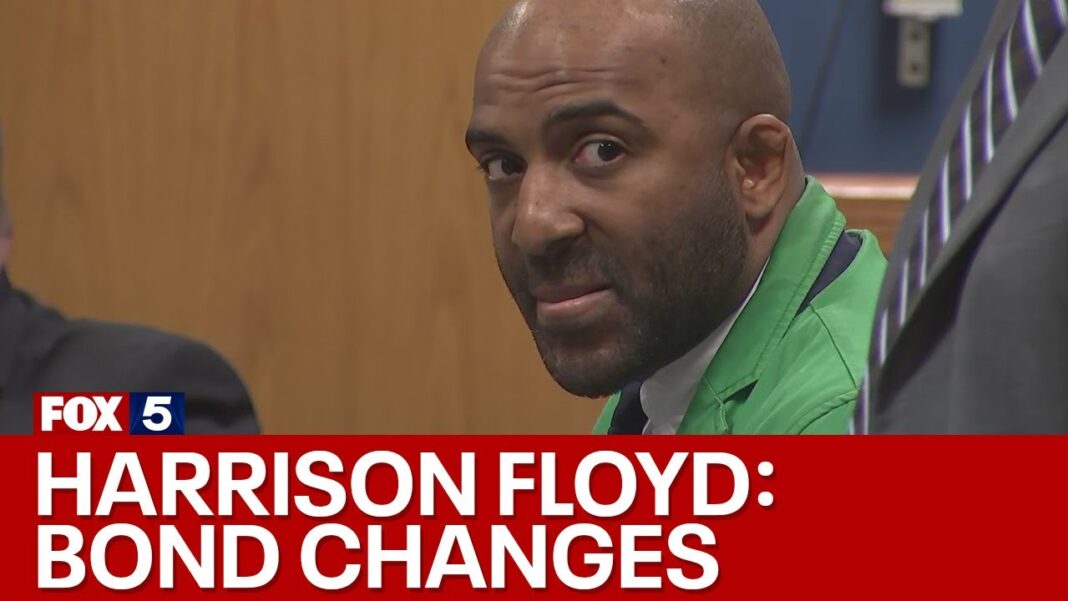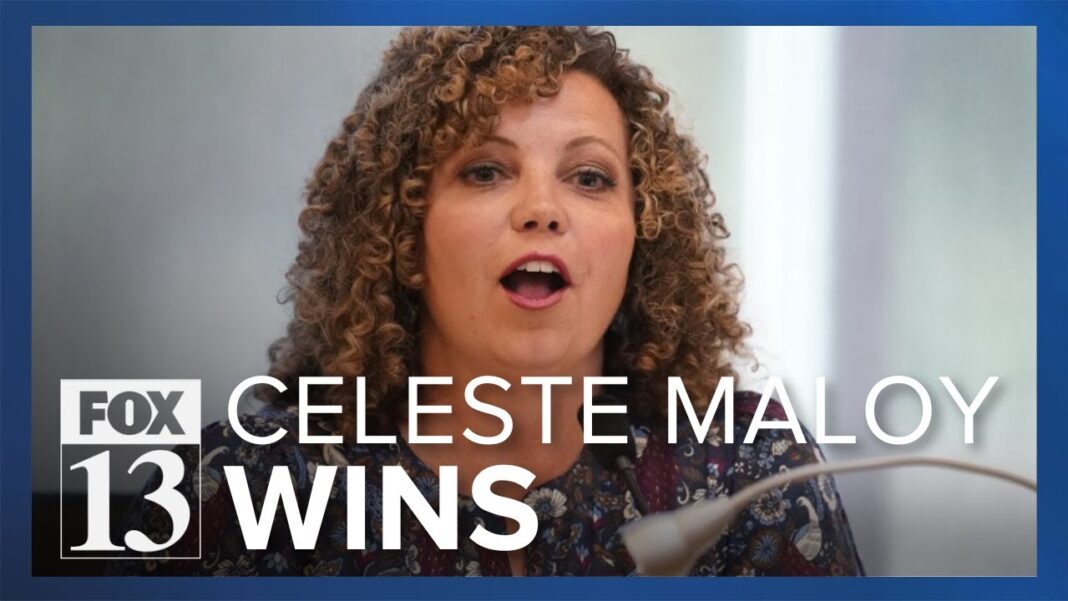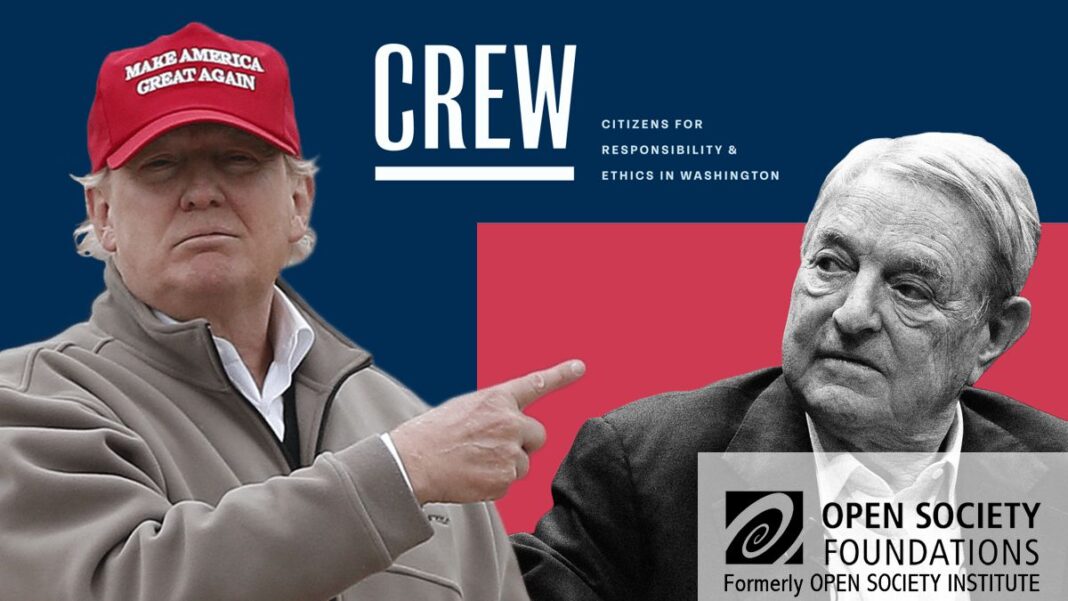
The judge said social media had complicated the standard terms used in conditions of release.
Tuesday afternoon, Fulton County Superior Court Judge Scott McAfee heard arguments and testimony regarding revoking the bond of Harrison Floyd—who was indicted alongside former President Donald Trump for allegedly interfering with the 2020 elections—after the defendant made several social media posts in which he tagged witnesses in the case.
The judge said there was a “technical violation of Mr. Floyd’s bond,” and that communications he made “wound up before the eyes and ears of potential witnesses and codefendants.”
“But not every violation requires revocation,” Judge McAfee said.
He ruled that the bond was not written specifically enough in light of social media communication workings.
“It’s very clear that this bond needs to be modified and I think it needs to specifically prevent any public comment concerning Ms. [Ruby] Freeman, concerning her daughter, and concerning other witnesses that need to be included,” the judge said, noting that even without communicating with specific individuals, the evidence shows that merely mentioning them on a large social media platform can induce the same effect.
He requested both sides to submit proposals to modify the bond, and added that the prosecution could file another motion of revocation should any defendant violate their conditions again. They met off-record to do so immediately after the ruling in hopes of coming to a new agreement the same day.
“The trial court has to balance the rights of the accused, as well as the public safety interests that are raised by any particular case,” Judge McAfee said. “But I’ll note that a defendant is generally allowed to criticize the merits of a case to say that the prosecution doesn’t have a case, to challenge the evidence, to speak his mind. And I don’t see anything in this consent bond order that limited the general criticism of the state’s case.”
After reviewing arguments and evidence, Judge McAfee ruled that Mr. Floyd had not engaged in behavior such as posting the address of a witness, which the conditions were meant to prevent, and that he did not call for things to be done to any witness.
“I read these [posts] are seeing more that someone is wanting to defend his case in a very public way,” Judge McAfee said.








